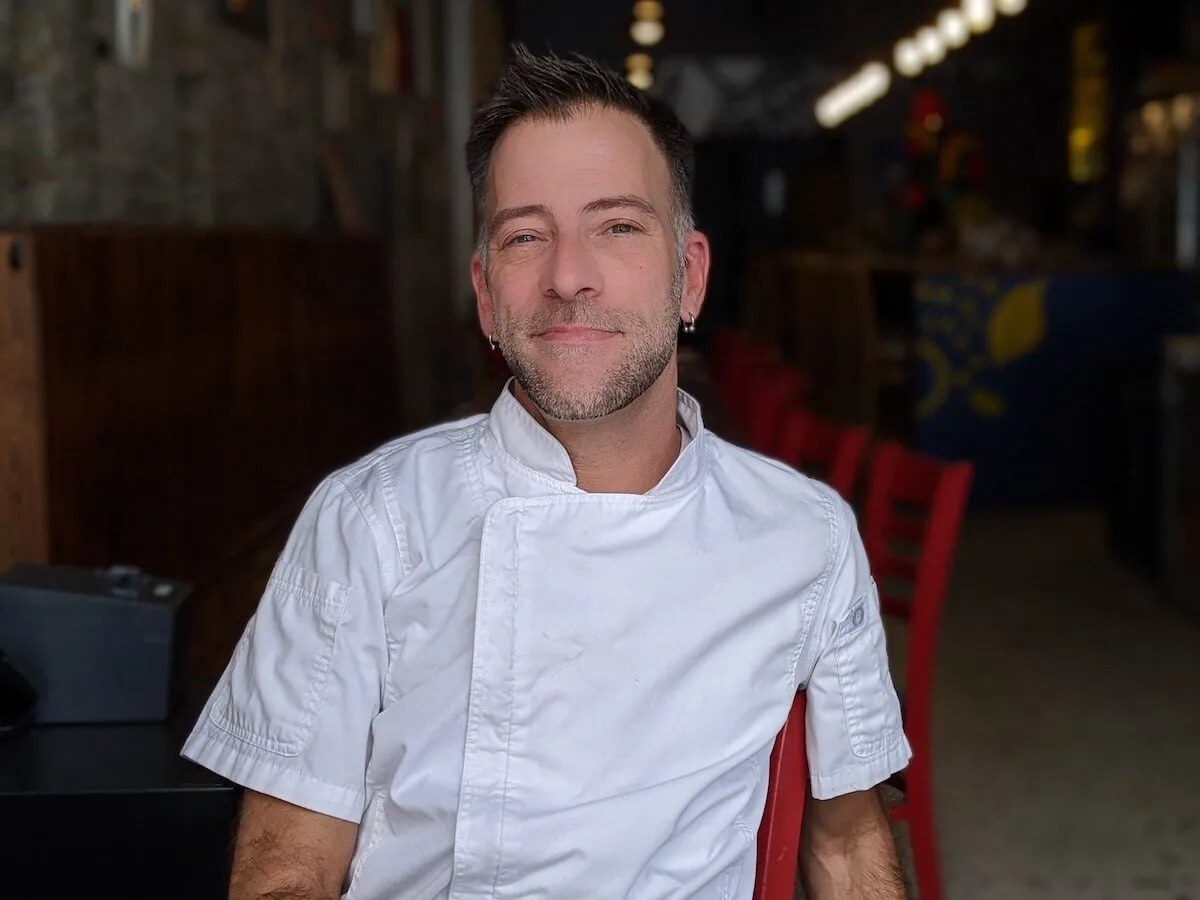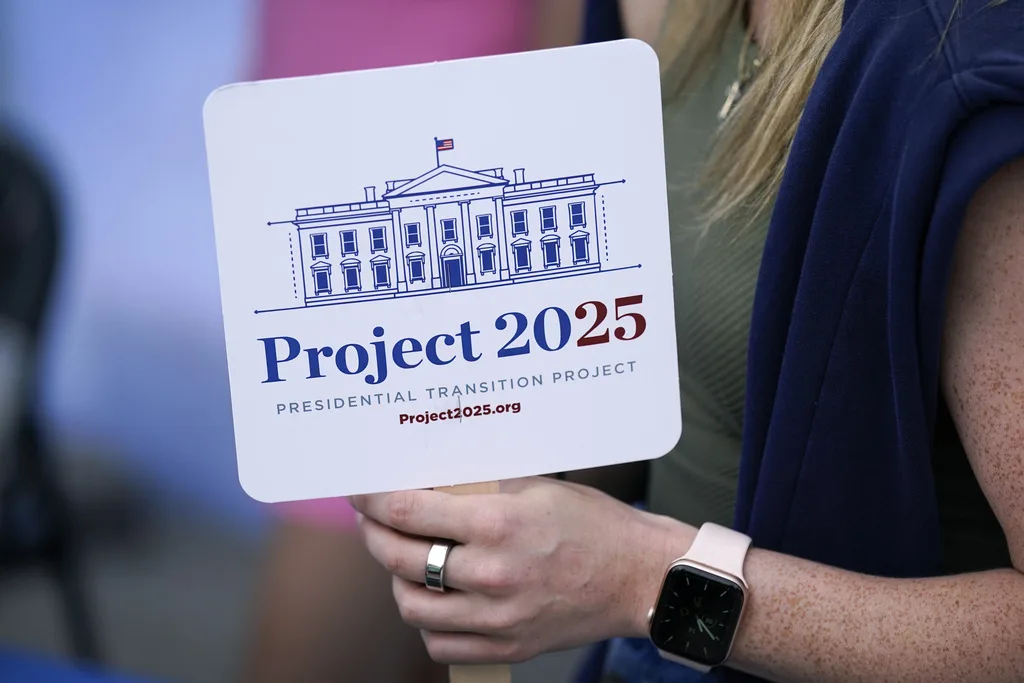
#image_title
#image_title
With funds already exhausted, it’s unclear how Gregory León will get the help he needs for his restaurant to survive.
White male business owners and judges in Texas and Tennessee have sent women- and people of color-owned restaurants, including Amilinda in Milwaukee, to the back of the line for COVID-19 relief.
After Paycheck Protection Program (PPP) loans were disproportionately awarded to businesses run by white men, the Biden Administration decided to prioritize businesses run by women and people of color for the latest round of pandemic relief through the PPP and Restaurant Revitalization Fund (RRF) programs. But white male business owners sued over the policy, calling it discriminatory, and federal judges in Texas and Tennessee halted the RRF payments.
Gregory León, owner of Amilinda in Milwaukee, learned following the ruling that he and almost 3,000 other business owners who were prioritized are now being thrown to the back of the line indefinitely. The Small Business Administration decided that instead of being among the first to receive the money, the almost 3,000 priority applications that had been approved will get funds “once it completes processing all previously filed non-priority applications, and only then if the RRF is not first exhausted.”
Demand for the RRF quickly outpaced availability, and applications were shut down. Over 362,000 businesses have applied a total of $75 billion in RRF funds. Congress approved $28.6 billion for the program, of which SBA said it had already distributed $27.5 billion on Monday.
“The only way we will get our funds is if and when Congress replenishes and adds another $60 billion,” León told UpNorthNews.
There is bipartisan talk of providing additional funding for the program, and if that does happen, the priority applicants would not have to re-apply and would be first to receive their funds.
“That’s a little bit of a silver lining, but you know, now we have to get all these crotchety, old, white men and women who are in Congress to get off their asses and do something about it,” said León. “And I have to tell you for the past year and a half, a lot of us in the hospitality industry have felt like nobody really gave a fuck.”
Surviving vs. thriving
The hospitality industry was hit particularly hard by the pandemic, but some Republican lawmakers, including US Rep. Tom Tiffany, who represents northern Wisconsin, are already calling for an end to federal support.
“I’m really hoping that this ends. We heard in there the Restaurant Revitalization Fund at the federal level is already out of money,” Tiffany said. “Federal government programs are not going to solve this. The free enterprise system will.”
When León closed Amilinda due to the pandemic, he along with other restaurateurs were able to stay afloat by preparing meals for first responders and people who had lost their jobs due to the pandemic. But the RRF funds would have allowed León to finally, fully reopen.
RELATED: The Pandemic Hasn’t Stopped These Hard-Hit Restaurants From Giving Back
Currently he is stuck in a Catch-22, where he can’t fully reopen because he doesn’t have the funds to bring more people on board, but he doesn’t have the funds to add more people because he’s only half-open. The RRF would have mostly gone towards bringing on enough staff to fully reopen.
“When I got that letter on [May] 28th saying that we were awarded [RRF funds] it was like, okay, I can finally breathe,” León said. “I can now not have another sleepless night worried about what is going to happen to my restaurant and what’s going to happen to my employees. I shut my restaurant, I shut my restaurant. It sucks my dream is done but I can find something else. But what’s going to happen to the people that work with me?”
The fact that he has to go through more sleepless nights when relief was on the horizon because of someone else’s sense of entitlement is even more frustrating, he said. And it’s going to continue creating hardship for everyone connected to the restaurant.
“This is another case of a grouchy old white man who feels like he’s oppressed and he’s not because, let’s look at this country: white men are not oppressed here,” said León. “I’m not asking for this money, so I can go on an extravagant vacation or give myself a raise or buy a boat or a new car. No, this money is going into a business that is barely surviving. This money is going to the people that work with me. This money is going to the farmers that I buy stuff from, the butcher, the fishmonger. There’s a trickle-down effect with this. This not only affects me.”
And it’s one more blow in a year full of blows that have made restaurateurs feel like their sacrifices and hard work are not appreciated and their pain, not taken seriously.
“We give up time with our families, our friends, we miss holidays, birthdays, we work on Mother’s Day, we work on Father’s Day,” León said. “People in the restaurant industry worked their asses off. And it just seems like nobody cares.”
Politics

6 terrifying things that could happen if the Comstock Act is used to target abortion
Does 1873 sound like a really, really long time ago? Well, that’s because it is—but if Republicans and far-right anti-abortion activists have their...

Opinion: Many reasons why young adults should refuse to let Republicans kill the Affordable Care Act
In this op-ed, University of Wisconsin Medical School student, Samantha Crowley, shares the importance of young adults protecting the Affordable...
Local News

Stop and smell these native Wisconsin flowers this Earth Day
Spring has sprung — and here in Wisconsin, the signs are everywhere! From warmer weather and longer days to birds returning to your backyard trees....

Your guide to the 2024 Blue Ox Music Festival in Eau Claire
Eau Claire and art go hand in hand. The city is home to a multitude of sculptures, murals, and music events — including several annual showcases,...



